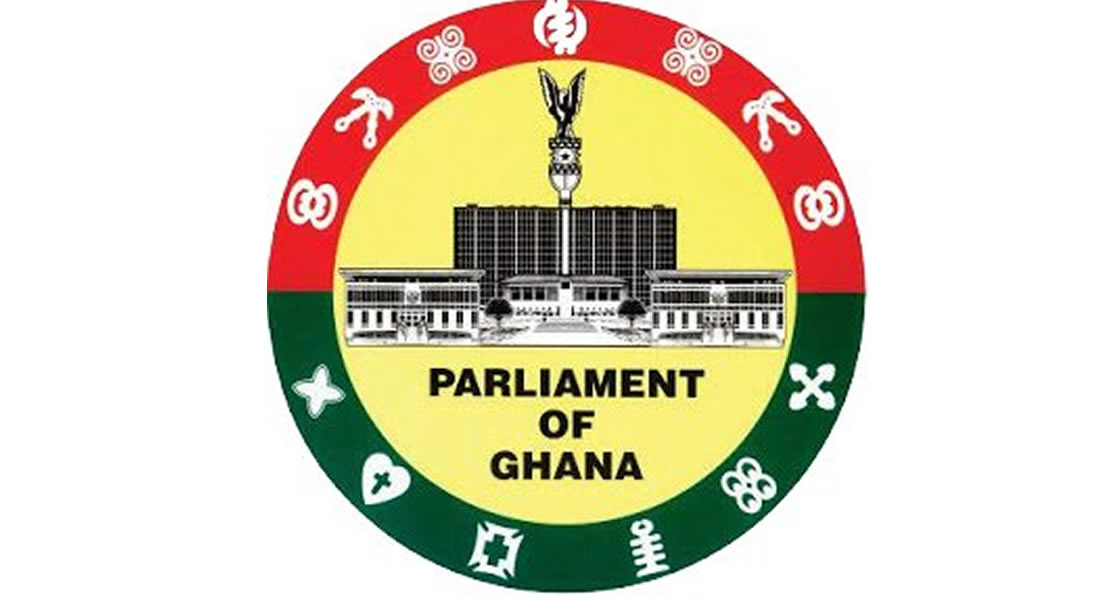
Henceforth, Ministers of State slated to answer questions put to them by Members of Parliament (MPs) are expected to respond appropriately and appear before the House on appointed dates to answer the questions.
The Deputy Majority Leader in Parliament and Vice Chairman of the Business Committee of the House, Rashid Pelpuo (NDC-Wa Central) told Parliament that the committee arrived at the decision following persistent complaints from MPs that some of their questions were not being answered and had to be rescheduled because the ministers were not readily available.
Standing order 60(1) says: “Ministers shall, by the order of the House, be requested to attend sittings of the House to answer questions asked of them.” And 63(3) adds that: “Ministers shall not take more than three weeks to respond to questions from the House.”
Even though ministers are expected to answer the questions, the House out of necessity in some cases make the rule flexible to allow deputy ministers to answer the questions in their stead when the substantive ministers are not available.
The presence of ministers to appropriately attend to answer questions in Parliament had been rearing its ugly head in the House and the issue came up once more when John Kwesi Agyabeng (NPP-Agona East), Osei Bonsu Amoah (NPP-Aburi-Nsawam) and Anthony Evans Amoah (Mpohor Wassa East) had sought to find out about the state of various questions that they filed but had not been answered yet.
Mr. Agyabeng said the delay in answering questions, made some of the question lose their relevance over time, lamenting that could make MPs lose confidence in the question and answer time in Parliament.
Papa Owusu Ankomah (NPP-Sekondi) noted that the question and answer segment of Parliamentary business had been a contentious issue since the inception of Parliamentary democ-racy in the country and expressed the need for the issue to be dealt with to enable the House to exercise its oversight responsibility over the executive.
He said the House should endeavour to improve upon the system so that the executive would be compelled to transact its business with Parliament with urgency.
Mr. Owusu Ankomah, a former Majority Leader in Parliament, admitted that ministers were busy doing other things and suggested that the Clerks-at-the-Table should periodically check with the ministries in question to determine whether questions filed to the ministers were receiving the needed attention.
He contended that sometimes the question might be entangled in bureaucracy at the ministry and the minister might not be aware of the questions.
Source: Ghanaian Times